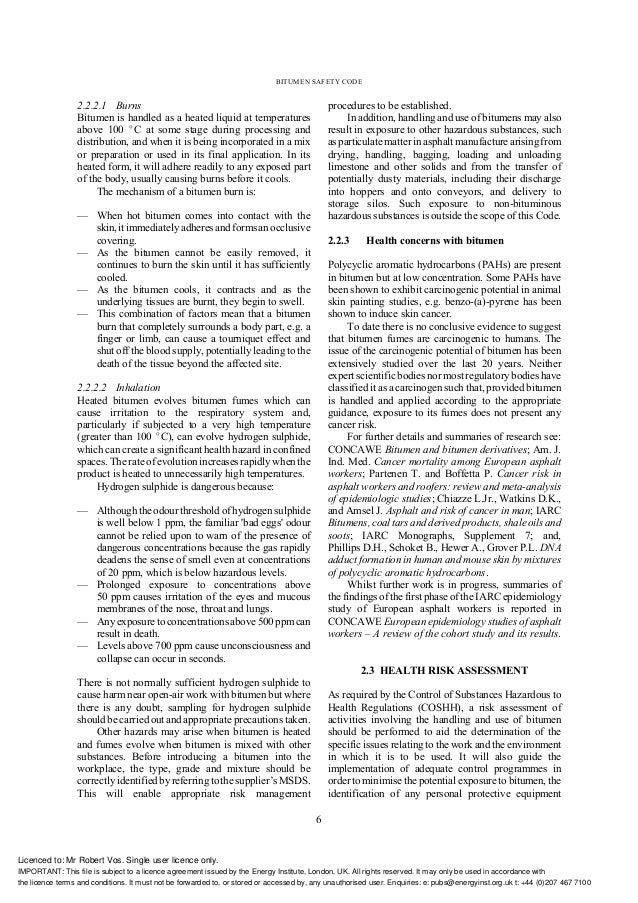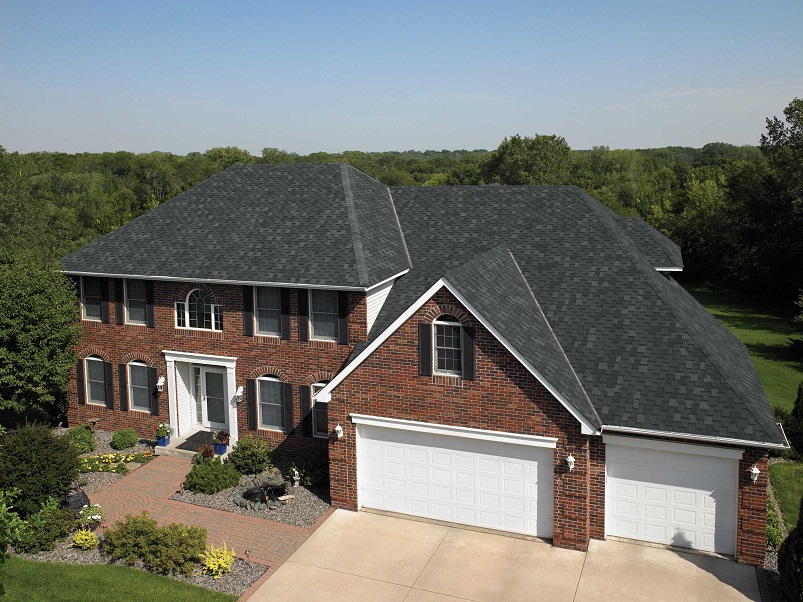Health effects from exposure to asphalt fumes include headache skin rash sensitization fatigue reduced appetite throat and eye irritation cough and skin cancer.
Breathing roof tar fumes.
For some reason the intake vents on the roof blow in the residual fumes from the tarring.
The hot tar is typically heated at the job site in a kettle and is the major source of fumes.
Continue reading below our video of the day.
During its application and during the curing process it can give off noxious fumes.
There is nothing to breathe in.
Contractors and other roof installers should always wear proper masks while applying a tar roof.
Breathing this for 8 hrs on and off all day leaves many of us with headaches.
The only established health effects of exposure to asphalt fumes for short periods of time that is for a few minutes or hours are irrita tion of the eyes and upper respiratory tract i e the nose and throat.
Will it be at levels high enough to affect building occupants.
Breathing tar fumes harmful.
Rubber roofs are another type of low slope roofing system.
People with asthma should avoid breathing roof tar fumes.
Can inhalation of roof tar odors aggravate my condition.
Can hot roof tar produce hydrogen sulfide.
Therefore when working around roofing tar make sure that you try not to inhale any of the fumes.
Can hot roof tar produce hydrogen sulfide.
Does anyone know if this is harmful.
However tar is an unsustainable product.
Adhesives used during rubber roofing projects can give off large amounts of volatile organic chemicals vocs.
According to the medical literature irritation if it does occur is usually mild and temporary.
They are re doing the roof at my job and we have been breathing the tar fumes for over a week.
Yes the roof tar odors can irritate the respiratory tract and aggravate the condition of a person with asthma or other lung conditions.
I work in an old hospital and since nov 09 they have been re tarring the roof.
Over a half million workers are exposed to fumes from asphalt a petroleum product used extensively in road paving roofing siding and concrete work 1.
Yes hydrogen sulfide can be produced from hot roof tar.
People with asthma should avoid breathing roof tar fumes.
Low slope hot tar roofs often use a built up roofing system that is manufactured on site using layers of felts and hot applied asphalt or coal tar pitch.
Asphalt is a petroleum product so obviously you don t want to eat it or inhale deep breaths of hot asphalt fumes.
The fumes that are emitted from roofing tar are poisonous and should not be ingested.
Working around roofing tar can put you in close proximity to hazardous fumes.
Roofing tar will also protect your roof from wind and from snow and water which can collect on a flat roof.
For the most part asphalt only releases fumes which could harm humans when it is heated.


















